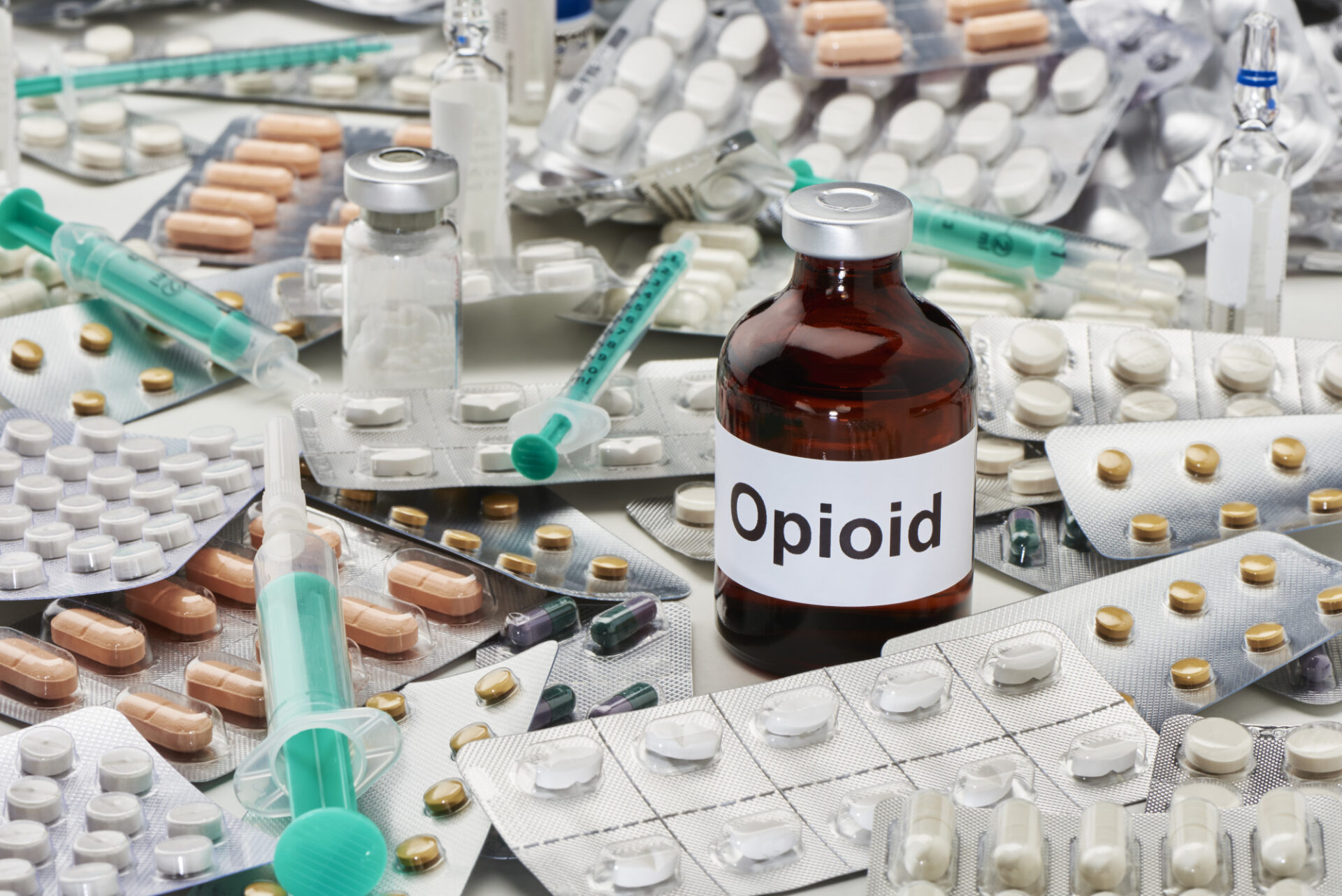
Did you know that in 2020, approximately 92,000 drug overdose deaths in the US involved an opioid? Opioid drugs are very effective in treating pain, but if misused, they can become very addictive.
Many people aren’t aware of the different types of opioids and don’t realize they have a serious problem. If you or a loved one are struggling with opioid use, then it’s essential to learn more about the different types of opioids and how they can affect you.
In this guide, you’ll learn everything you need to know about opioids, including the different types of opioids and opioid treatment options.
What Are Opioids?
Before getting into the different types of opioids, it’s essential to understand more about what opioid drugs are and how they work.
Opioids are also referred to as narcotics and are prescribed by doctors to treat severe or chronic pain. Many people use prescription opioids to treat chronic back pain, headaches, and pain after surgery.
People also use opioids to treat pain associated with cancer or from serious traumatic injuries.
Finally, other opioid uses involve treating diarrhea since they slow down how quickly food passes through your gastrointestinal (GI) tract.
How Do Opioids Work to Treat Pain?
The word “opioid” is a term that describes compounds that bind to the opioid receptors found in your body. You can find these receptors in your GI tract, peripheral, and central nervous systems.
These receptors are also responsible for regulating different body functions, such as:
- Stress
- Breathing
- Mood
- Pain
Once an opioid activates these receptors, it causes a reaction that changes how pain signals transmit to your brain. As these receptors are activated, dopamine is released. Dopamine is like a pleasure chemical that causes you to feel intense happiness or euphoria.
Types of Opioids
There are over 100 kinds of opioids available today. Some opioid drugs are made from plant compounds that occur naturally. These compounds are from a specific type of plant known as opium poppy.
Other opioids, like prescription opioid drugs, are synthetic, meaning they’re made in a laboratory using human-made substances. Finally, some opioids contain both synthetic and natural ingredients.
Common prescription opioid drugs include the following:
- Hydrocodone
- Hydromorphone
- Oxycodone
- Oxymorphone
- Morphine
- Fentanyl
- Codeine
- Methadone
- Tramadol
In addition, heroin is an illegal street drug used for recreational purposes and is derived from morphine.
Dangers of Opioids
The main reason opioids are so dangerous is because of their high potential for addiction. This is because the sense of euphoria opioids create is very intense and pleasurable while also relieving pain.
However, once you start using opioids regularly, you develop a tolerance to the euphoric effects. You’ll need to take more and more opioids to get the intensity of the initial feeling of euphoria.
Opioid Use Disorder
When you take large amounts of opioids for the euphoric effect, you can develop opioid use disorder (OUD). People with OUD continue taking opioids even when they cause problems at work or home. They also give up their regular activities due to opioid use and experience cravings.
In addition, when people start abusing opioids more, they’re more likely to use them in different forms. These forms include injections or inhalation. People with OUD are also more likely to turn to street opioids, like heroin.
It’s important to realize that not everyone who takes opioids for pain will become addicted. If you follow the prescription instructions, you’ll decrease your chances of forming an addiction.
Dependence
When you take too many opioids long-term, you can develop a physical and psychological dependence. When you’re psychologically dependent on opioids, they become the most prominent thing in your thoughts and emotions. They also dictate your daily activities.
When you have a physical dependence, your body adapts to the presence of opioids. If you suddenly stop taking them, you’ll experience unpleasant withdrawal symptoms, like:
- Trouble sleeping
- Sweating excessively
- Restlessness
- Anxiety
- Muscle aches
- Diarrhea
- Rapid heart rate
- High blood pressure
Once you start experiencing withdrawal symptoms, you’ll likely continue taking opioids to stop these effects.
This leads to an increased chance of an overdose. Overdoses are extremely dangerous and can cause your breathing to slow down or even stop altogether.
Treatment for Opioid Withdrawal
The good news is if you have an opioid addiction, there is help available, and you’re not alone. The best type of program for opioid addiction is medication-assisted treatment (MAT).
It’s also FDA-approved and is the best approach to treat people with opioid use disorders.
MAT uses a combination of prescription medication and behavioral therapies to approach you as a “whole person” and get to the root causes of your addiction. Since many addictions also occur with mental health disorders, behavioral therapy is a highly effective treatment.
The medications used in MAT programs either block the pain receptors or activate the receptors instead of the opioid you’re using. The most common medications used to treat opioid addiction include:
- Methadone activates the same part of the brain that opioids do
- Naloxone blocks pain receptors and reduces opioid effects
- Buprenorphine reduces cravings and withdrawal symptoms
- Suboxone is a combination of both buprenorphine and naloxone
Since Methadone can be habit-forming, many MAT programs use Suboxone for treatment.
Online Medication-Assisted Treatment
Online medication-assisted treatment is an affordable and accessible way to get treatment for your opioid addiction. With online treatment, you don’t have to worry about taking time off work to attend treatment appointments.
Online MAT programs give you easy access to treatment and allow you to attend appointments from home.
You’ll get weekly appointments with your doctor to check how well your medication manages your withdrawal symptoms. You’ll also be able to have online meetings with an addiction counselor to work through your mental health problems.
Addiction counselors also help you to learn how to manage the stress in your daily life. This allows you to manage work and family obligations without dependence on opioids.
Finally, online programs have online pharmacies that deliver medications to your home.
Get Opioid Addiction Treatment Today
Understanding more about the different types of opioids and how they work will help you better understand opioid dangers.
If you’re looking for opioid addiction treatment for yourself or a loved one, Recovery Delivered can help. We offer online medication-assisted treatment programs with FDA-approved addiction medications like Suboxone.
You’ll get access to addiction counselors and have weekly online Suboxone doctors appointments. We also accept most insurance plans.
Make sure you visit us online today to get started with treatment!


